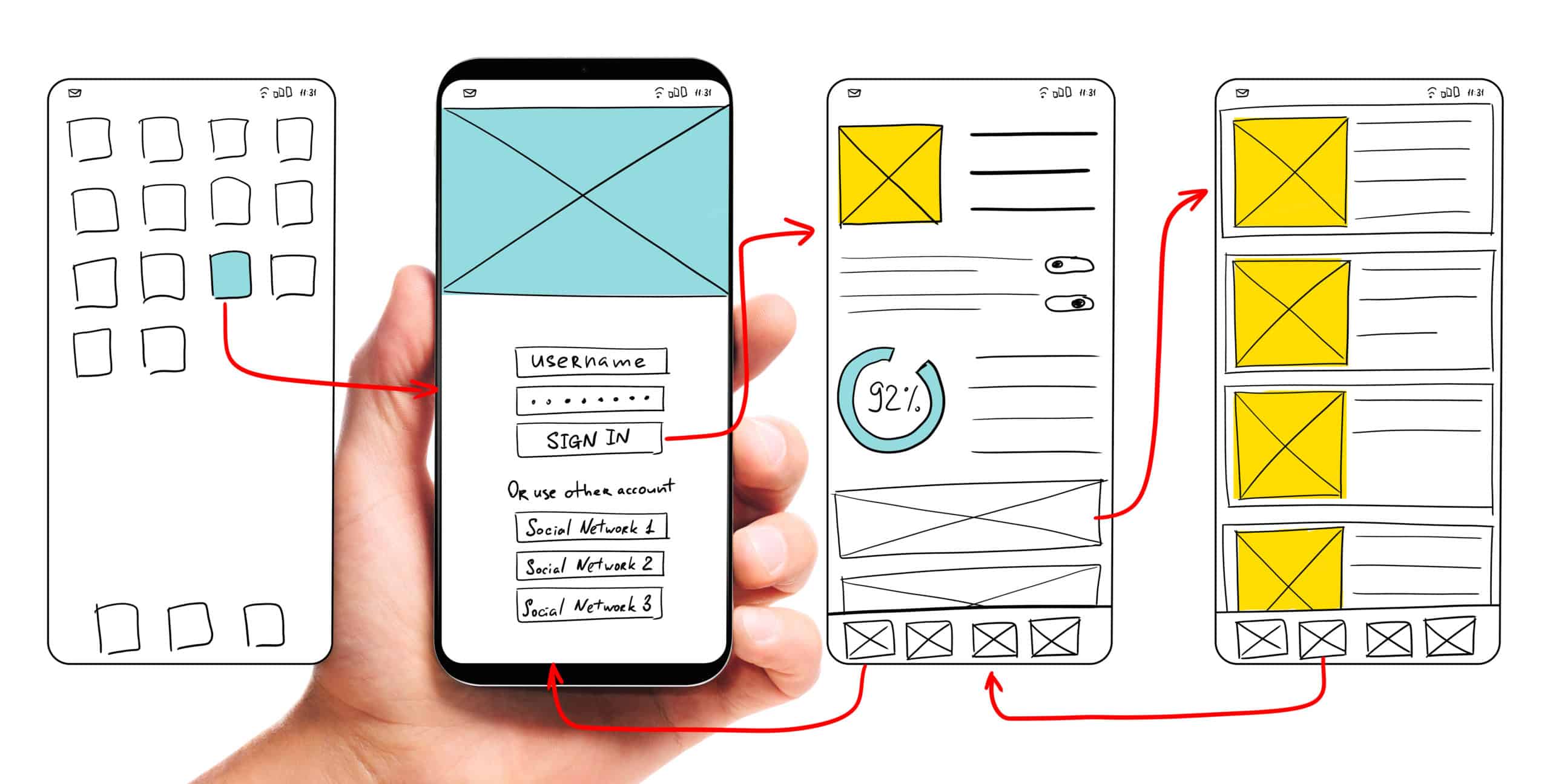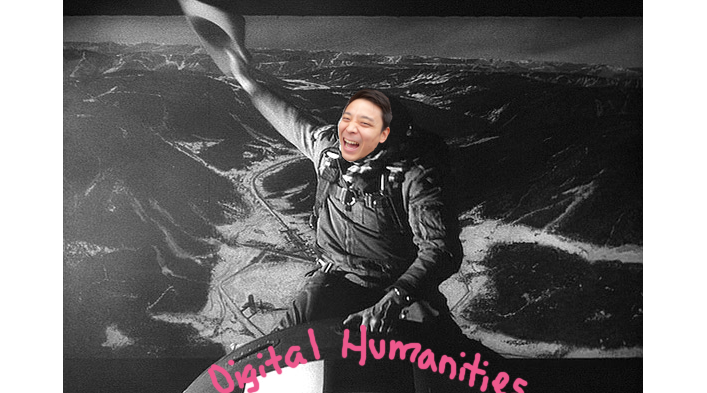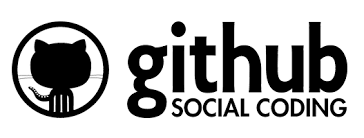
This year I taught two workshops on GitHub—an introduction to git and GitHub in the Fall and a lesson on using GitHub for building static websites in the Spring. As a way to recap those workshops, in this blog post I will make the case for using these tools in your work by briefly explaining what they are, sharing a few resources, and offering a peek into some of the ways they can benefit all kinds of students and scholars, especially non-coders.
What Are These Tools
I often hear that folks have heard of GitHub, but have no idea what it is. Here’s a brief overview:
Git and GitHub are powerful tools for collaborative and individual projects. Git is a free version control software that’s used locally, on your laptop or personal computer, and aids with tracking changes made to a project’s files over time. GitHub is a free web-based platform powered by Git for storing, sharing, and collaborating on a project’s files online (privately or publicly). And, the GitHub Pages feature of GitHub is especially useful as it allows users to freely host simple websites.
I Don’t Work with Code–Why Should I Use This?
Unsure what you’d use GitHub for? A few academic-geared possibilities are highlighted below.
Version Control
Version control is a big selling point for a tool like GitHub, but what exactly is it?
GitHub offers a comprehensive, non-proprietary means of storing and backing-up files and projects (privately or publicly) similar to Google Drive or Box. Using git, GitHub tracks the changes of your files over time. You can also save multiple versions of your file. You might, for example, save different versions of a piece of writing you are working on for different audiences. This means you can:
- Keep it all in one place: you can avoid saving a million different versions of the same file (i.e. final.docx, final-2.docx, final-to-advisor.docx, final-with-edits.docx) and have them all saved as one file with multiple versions.
- Get the history: you can see the progression of a file, with a log of the changes, and compare changes over time–including who made the changes if there are multiple collaborators
- Feel free to change your mind: you can easily revert back to an older version of a file
- Work together, separately: no more stepping on each other’s toes in collaborative work! Collaborators can work on the same files, on different computers, and eventually merge them together with the main project
Use Cases for Teaching and Research
There are numerous ways GitHub might assist scholars in their research and teaching work! The list below is just a selection of what’s possible. All of these can be tailored to suit your needs, and are in addition to version control. Click the links to connect with examples and a few selected resources.
- Host a website or online project in a free and minimal effort way–where you retain control, including:
- Online books, guides, digital editions, textbooks/instruction manuals
- Online archives/exhibits
- Personal websites, portfolios, project sites, or blogs (explore Jekyll themes for ideas)
- Save the drafts of the articles, books, and dissertations you write
- Keep your research materials and notes secure
- Host syllabi and course materials
- Credit attribution for collaborative projects—including but not limited to writing projects like articles with multiple authors—see who did what, when, and give credit appropriately
Note: GitHub supports attachments of wide array of non-code file types from PDFs, Microsoft Word/Excel/Powerpoint files, various image and video formats, plaintext, and zip files (full list)
Moving Forward
Totally convinced and ready to get going? Be sure to check out some of these external “getting started” resources:
- Git’s beginner-level “Mini-Videos” will get you hip to git and version control locally
- GitHub’s instruction to “Set up Git” will help you get going
- GitHub’s overview of “Learning Resources” will expand your knowledge
- GitHub’s comprehensive “Git Guides” explains what it all means
- Want an app for that? Try out GitHub Desktop to do it all without the command line
Need some guidance and/or want to learn in a supportive setting? Keep an eye out for GCDI workshop offerings during the fall semester, and the GC Digital Research Institute in January. We’d love to see you there! If you’re getting started in the meantime and need support, set up a consultation for a one-on-one meeting with a GCDI Digital Fellow.
Cover image source: Roman Synkevych 🇺🇦 on Unsplash






